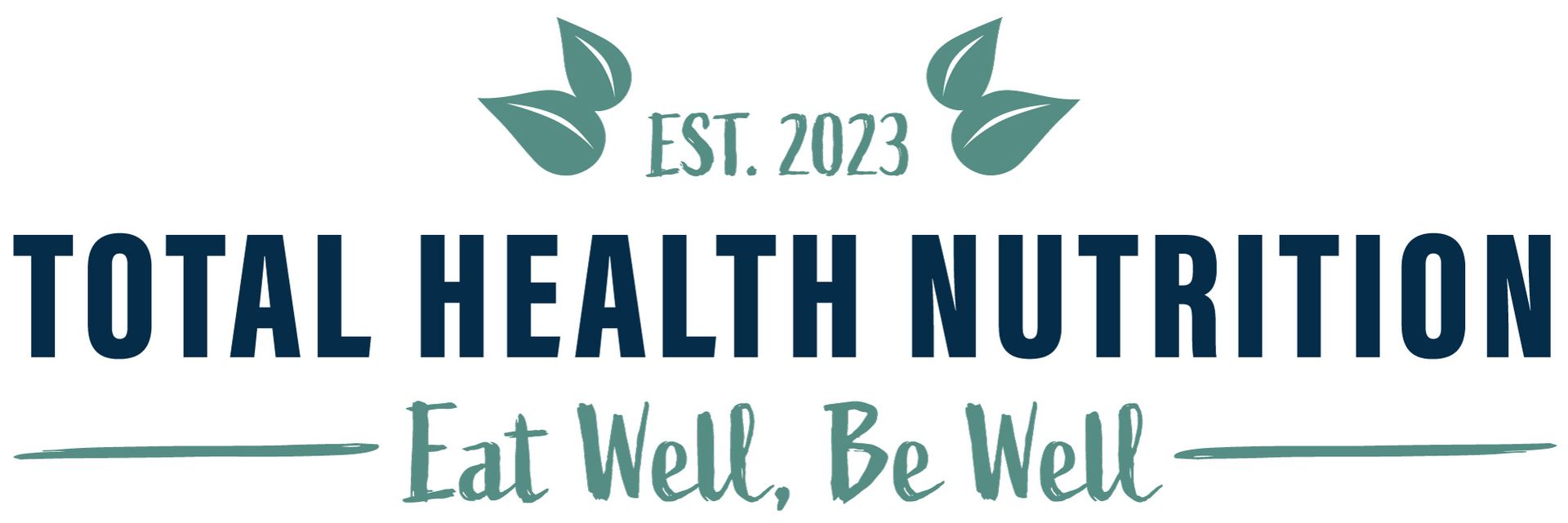Blog

21 Mar, 2024
The short answer here is YES! There is a big difference these two terms but they are often intermixed and confused. We often hear the term Nutritionist in the media, on day time talk shows, magazine articles and many other places on the web as well. It is natural to then assume that if some one calls themselves a "Nutritionist" that they have the education and training to back up using that title. In the United States, in order to become a Registered Dietitian, someone has to obtain a Bachelor's Degree in Nutrition, complete a Dietetic Internship that ranges in length from about 6 months to one year, and then sit for a standardized board exam. Registered Dietitians also have to maintain the credential by completing 75 units of continuing education every 5 years, similar to doctors, nurses and other medical professionals. So, what does it mean if someone says that they are a Nutritionist in terms of education? It could mean that they are in fact a Registered Dietitian but prefer to use the term Nutritionist or it could mean that they have no training at all! When seeking nutrition related advice and guidance rely on the nutrition experts- Registered Dietitians!

21 Mar, 2024
Fiber is a word that we have all heard and most of us know that fiber is an important part of overall health. But what is fiber and why is it such a crucial part of an overall healthy diet? Fiber is defined as roughage which is the portion of plant-derived food that cannot be completely broken down by human digestive enzymes. Dietary fibers are diverse in chemical composition, and can be grouped generally by their solubility, viscosity, and fermentability, which affect how fibers are processed in the body. There are two main types of fiber that are commonly found in food and they serve two very different functions in the body. Insoluble fiber is found in the peel and skins of our fruits and vegetables, nuts, seeds and whole wheat products along with other grains. This type of fiber is beneficial to promote regularity and a healthy digestive system, while soluble fiber-think oats, beans, lentils and the inner flesh of fruits and vegetables, can help to reduce cholesterol as well as assist with improving blood glucose levels. Both types are equally important for overall health. So now we know the WHY behind the importance of getting adequate fiber but how much fiber is recommended each day. Per American Heart Association guidelines it is recommended for people to consume between 25-30g per day of total dietary fiber however most Americans only get about half that amount and on average consume about 12 g of fiber per day. Stay tuned for my next post about tips for increasing dietary fiber!
Service Areas
Coachella Valley, CA | Los Angeles, CA | San Diego, CA | Long Beach, CA | Anaheim, CA | Santa Ana, CA | Riverside, CA | Irvine, CA | San Bernardino, CA | Fontana, CA | Moreno Valley, CA | Glendale, CA | Huntington Beach, CA | Santa Clarita, CA | Garden Grove, CA | Oxnard, CA | Rancho Cucamonga, CA | Ontario, CA | Corona, CA | Palm Desert, CA
Quick Links
Services
Business Hours
- Mon - Sun
- Open 24 Hours
